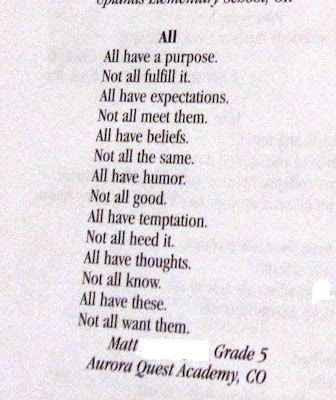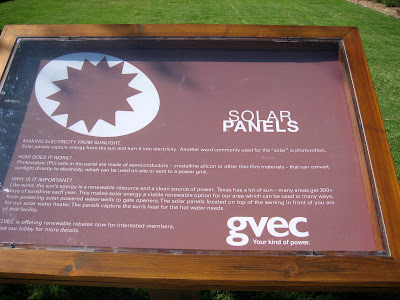
One never knows about the oral family histories that are passed down throughout the generations. Are these stories true? Are they 'romanticized'? Is the truth embellished?
The story passed down in my Troth family was that for love William Troth and Elizabeth Fields 'stole away' from England to come to the colonies because both of their families disapproved of the Quaker religious beliefs and of the union of William and Elizabeth.
Steal away perhaps, but they apparently had some wealth (or at least Elizabeth did). She "was necessitated to dispose of her jewelry to procure the requisite means to defray the expenses incident to her journey [from England to New England] as her family refused to supply her with the necessary means."
{Ancestry of the Haines, Sharpe, Collins, Willis, Gardiner, Prickett, Evans, Moore, Troth, Borton and Engle Families - compiled from notes of the late George Haines, M.D., with some additions by the compiler, Richard Haines, Medford, N.J., 1902}
_________________________
William and Elizabeth settled in Evesham Township, Burlington County, New Jersey in what is known as the Engle Farm. They prospered and were active in the Friends and in their community.
_________________________
"A Friend's meeting, however silent, is at the very lowest a witness that worship is something other and deeper than words, and that it is to the unseen and eternal things that we desire to give the first place in our lives. And when the meeting...is awake and looking upwards, there is much more in it than this. In the united stillness of a truly 'gathered' meeting, there is a power known only by experience, and mysterious even when most familiar." Caroline Stephen, (1908).
__________________________________
My paternal grandmother, descendant of William Troth, died three months before I was born. Her maternal grandmother was a Cherokee of the Paint Clan and her paternal line was English and of the Quaker persuasion. My mother always told me that this grandmother was a Gentlewoman full of grace.
Her son, my father, exhibited the personal qualities I associate with the Quakers: spirituality, kindness, love, humbleness, and a genuine concern for others.
At his funeral a Baptist minister conducted the service. A Catholic priest who knew my father personally (a Frenchman who served in the San Luis Valley in Colorado) also spoke.
The priest mentioned the goodness of my father and his love for his family and how he helped everyone he met. He said that my father genuinely loved people, was never judgemental and he was now with the Saints. That is just about all I remember from my dad's funeral. It is enough.
_________________________________
"Friends' deep spirituality is a source of profound social activism. The need for aiding others ranged from early equality for women, anti-slavery, and religious freedom to penal reform and avoidance of war, and living in such a way as to take away the occasion of all war. These concerns continue today."


 Seguin Art Center
Seguin Art Center










